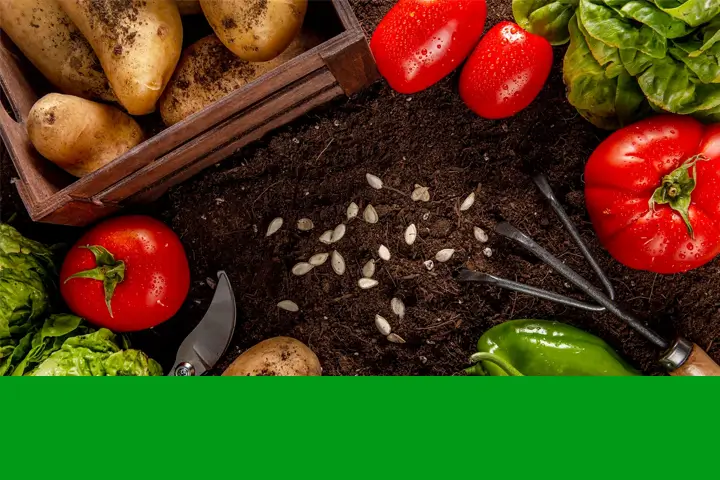
In a bid to reduce heavy reliance on imported vegetable seeds and achieve self-sufficiency in seed production, Rwanda’s Minister of Agriculture and Animal Resources, Ildephonse Musafiri, has called upon the country’s seed industry to prioritize research and investment. The need for an alternative solution arises from the high cost of imported seeds, putting pressure on the government to explore local solutions to meet the nation’s seed requirements.
During the first National Seed Congress held on Monday, July 31, and concluding today, Musafiri emphasized the significance of addressing the current dependence on imported vegetable seeds. While Rwanda has made notable strides in producing seeds for key commodities like maize, wheat, and soybeans, all vegetable seeds continue to be imported.
The exorbitant prices of imported seeds, such as the Teja F1 hot pepper variety, priced at a staggering Rwf3 million per kilogram, have raised concerns about the economic implications of reliance on foreign suppliers. To overcome this challenge, the government is exploring various strategies.
One of the major obstacles hindering local seed production is the patents held by companies that developed existing vegetable seed varieties. These patents limit the multiplication of seeds by other entities. To address this issue, Musafiri proposed partnerships with patent-holding firms to allow the multiplication of seeds within the country. Additionally, he encouraged local seed industry players to invest in research and development to create new seed varieties domestically.
Rwanda’s diverse climate offers opportunities for local production of vegetable seeds. Innocent Namuhoranye, the Chairperson of the National Seed Association of Rwanda (NSAR), also highlighted the potential for developing vegetable seeds locally. He pointed out that the multiplication of vegetable seeds differs from that of maize seeds, as some varieties require specific climate conditions for successful development.
Drawing inspiration from the success of the maize seed subsector, where Rwanda now produces more seed than it imports, the country sees potential for local seed production. Musafiri expressed Rwanda’s aspirations to achieve self-sufficiency in seed production for commodities where the country holds a comparative advantage.
Moreover, Rwanda is looking to position itself as a seed exporter to neighboring countries to boost agricultural progress and promote regional collaboration. The vision is to foster not only self-sufficiency but also contribute to the agricultural development of the entire region.
By focusing on research, collaboration, and investment in the seed industry, Rwanda aims to reduce its dependence on imported vegetable seeds and emerge as a self-sustaining and prosperous nation in seed production. The commitment to building a robust seed industry is a crucial step towards securing food security, enhancing agricultural productivity, and bolstering the nation’s economic growth.
As the National Seed Congress concludes, the future looks promising for Rwanda’s agricultural sector, and the determination to reduce imports and invest in local seed production sets a path towards a self-reliant and thriving agricultural landscape. With ambitious goals and collaborative efforts, Rwanda is well on its way to becoming a seed powerhouse in the region.
Original article written by Emmanuel Ntirenganya for The New Times
Stay updated with the latest farming tips and agriculture industry news from Africa by subscribing to our newsletter. Don’t miss out on valuable insights and updates. Follow us on Twitter, LinkedIn, and Facebook to join our farming community and stay connected with us.



















